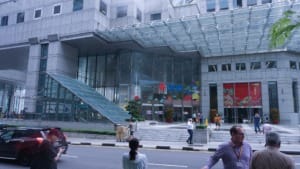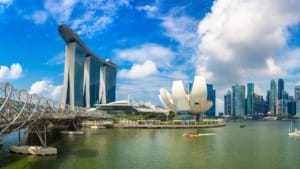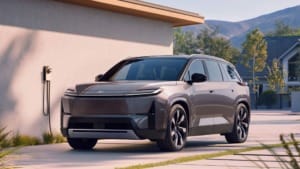Motul: Powering decarbonisation through sustainable lubricant innovations
Motul leverages its racing heritage and 170 years of expertise to drive decarbonisation through sustainable lubricants, innovation, and regional adaptation.

The pressure to decarbonise global mobility is reshaping every part of the automotive value chain. From electrification to hybrids, hydrogen, and biofuels, the demand for cleaner technologies is forcing even established players to rethink their role. Lubricants, though rarely at the forefront of consumers’ minds, are critical enablers of efficiency and durability across these platforms.
Table Of Content
Motul, a company with 170 years of history and a reputation built in motorsports, is now steering its expertise towards this challenge. Its focus is shifting from a singular reliance on combustion engines to solutions that support multiple powertrains and contribute directly to lowering emissions.
“Legacy gives us credibility, but it’s not a free pass,” said Lionel Dantiacq, CEO of Motul Asia Pacific. “To remain competitive, we must evolve without losing sight of what made us strong—innovation, performance, and trust.”
Rethinking performance for diverse powertrains
Decarbonisation is not a one-track journey. While battery electric vehicles are growing in prominence, hybrids, hydrogen fuel cells, and low-carbon fuels will also form part of the energy mix for years to come. This means lubricant innovation must serve multiple powertrains, each with unique mechanical and thermal demands. Motul has been preparing for this shift for over a decade, beginning with its first hybrid-dedicated products launched 12 years ago and more recently expanding into ranges like NGEN, which use re-refined base oils and recyclable packaging.
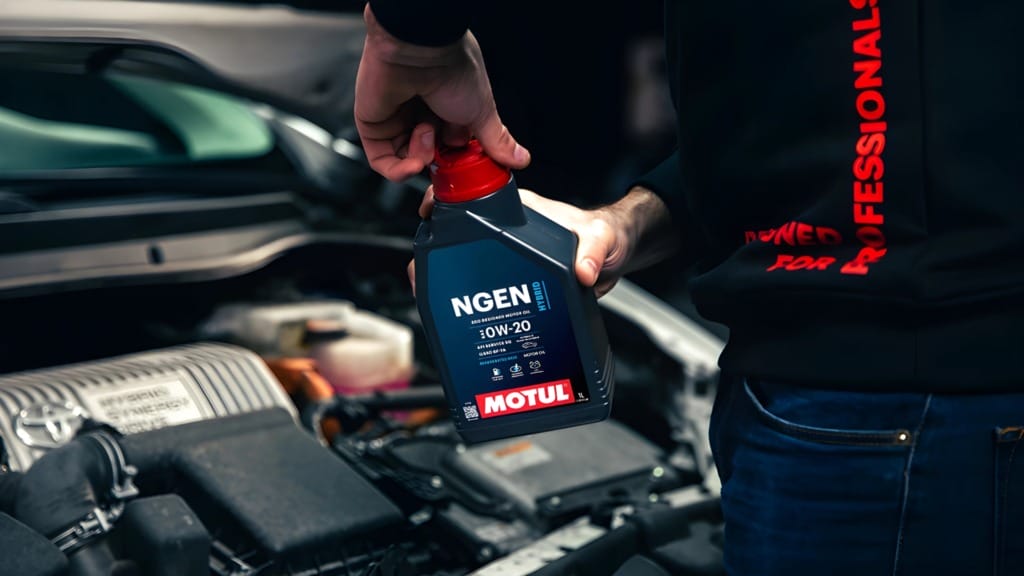
“The real shift has been moving from a singular focus on combustion engines to a portfolio that serves multiple powertrains,” Lionel explained. Hybrids, for instance, require fluids that both protect combustion components and optimise electric drive efficiency. For hydrogen and electric vehicles, innovations such as immersive cooling are being explored to help batteries and fuel cells operate safely and efficiently. These represent forward-looking technologies that could ease the transition in markets still reliant on infrastructure development.
Motorsports continues to be an important testbed for innovation. Motul’s products are validated under extreme conditions at events such as the Dakar Rally, where its NGEN oils proved that sustainable formulations can withstand the world’s toughest endurance challenges. Motorsport itself is also adapting: MotoGP has introduced the all-electric Moto E series and pledged to use 100% non-fossil fuels by 2027. As a technical partner, Motul is supporting this evolution by co-developing solutions that maintain high performance while meeting stringent sustainability requirements.
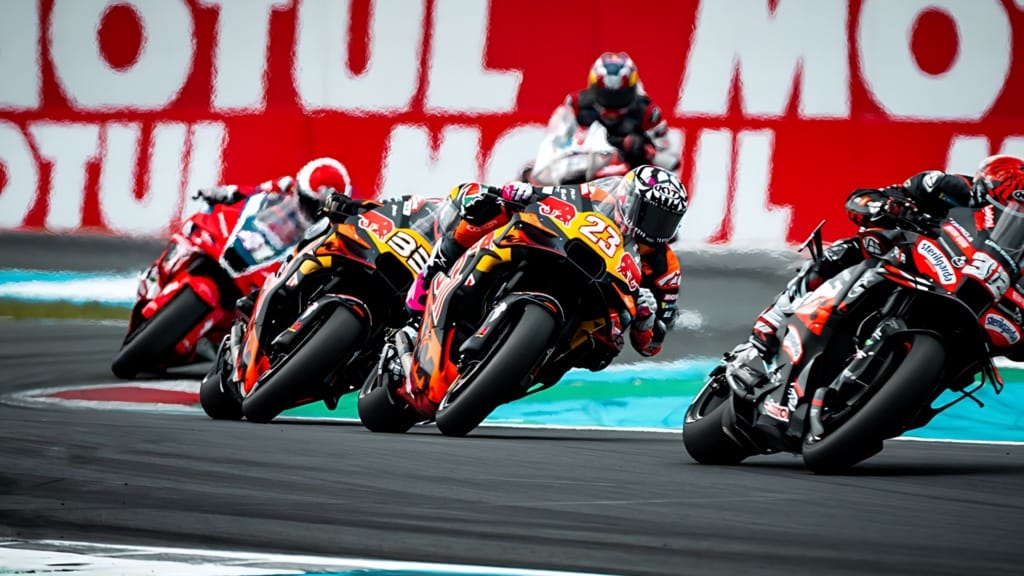
By anchoring new solutions in racing, Motul shows that decarbonisation and performance are not mutually exclusive. The same innovations tested on the track are increasingly finding applications in everyday vehicles, ensuring that the brand’s motorsport DNA translates into tangible benefits for drivers navigating the energy transition.
Making sustainability central to operations and products
Sustainability for Motul is not treated as a marketing label but as a guiding principle across product lifecycles and operations. The NGEN range exemplifies this shift, with lubricants produced using re-refined base oils and packaged in bottles made from 50% post-consumer recycled plastic. This circular approach reduces dependence on virgin materials and lowers overall emissions associated with production and disposal.
In manufacturing, the company has taken significant steps to decarbonise its footprint. Its Vietnam factory now operates with a rooftop solar and battery storage system that provides the majority of the plant’s energy requirements. Such initiatives are expected to cut thousands of tonnes of carbon emissions over their operational lifetime. These investments underscore a commitment to renewable energy that goes beyond compliance and seeks measurable long-term impact.
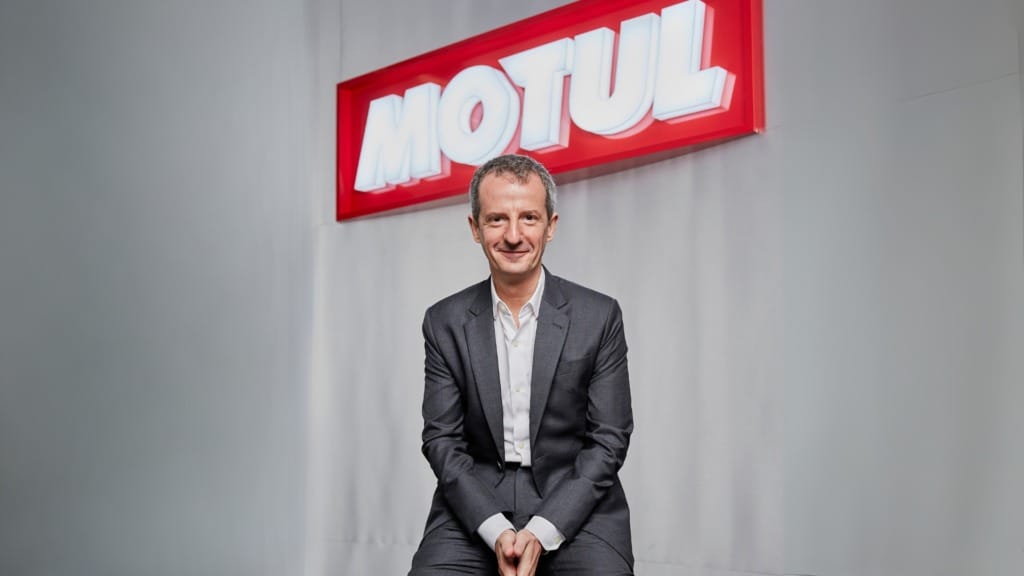
Lionel Dantiacq stressed the importance of embedding change throughout the organisation. “In an era where new technologies and developments are emerging in our industry, responsible lubricants play a role in enhancing efficiencies and minimising emissions. The innovations we foster today have the potential to revolutionise mobility.” His comments in the company’s Sustainability Report 2023 highlight Motul’s belief that sustainability and innovation are two sides of the same coin, with product development and operational practices evolving together.
Governance and procurement strategies also reflect this integration. The company has introduced stricter sustainability requirements for suppliers, prioritising responsible sourcing and transparency across the supply chain. These efforts, combined with investments in eco-friendly packaging and renewable energy, demonstrate that Motul is embedding decarbonisation across multiple layers of its business rather than limiting it to its products alone.
Adapting to Southeast Asia’s decarbonisation journey
Southeast Asia is one of the most diverse regions in the world when it comes to mobility. Countries like Singapore are making significant strides in electrification, supported by government incentives and infrastructure development. Others, such as Indonesia and Malaysia, continue to rely heavily on combustion vehicles while exploring hybrids and alternative fuels as transitional technologies.
Motul recognises this diversity and has tailored its strategy accordingly. By leveraging its regional headquarters in Singapore and R&D centres in Vietnam, India, and Japan, the company can adapt product development and distribution to local contexts. “This network gives us agility to react quickly to regulatory shifts or customer needs,” Lionel explained, underscoring the importance of localisation in fast-changing markets.
Training and knowledge transfer are also central to Motul’s regional approach. “The biggest challenge isn’t just technology, but knowledge,” he added. As workshops represent the front line of servicing, Motul invests in technical seminars and partner training to equip mechanics with the skills needed for hybrids, EVs, and alternative fuels. This includes safety practices for high-voltage systems and an understanding of the unique performance characteristics of re-refined lubricants.
By combining R&D, training, and partnerships, Motul is helping markets progress at their own pace while ensuring that the broader decarbonisation agenda is supported. Whether through re-refined oils, renewable fuels, or hybrid servicing, the company positions itself as an enabler of transition rather than a follower of a single pathway.
Why legacy matters in the race to decarbonise
Heritage brands face a delicate challenge: how to honour their legacy while proving they can adapt to a fast-changing world. For Motul, 170 years of innovation provide credibility, but Dantiacq believes that remaining competitive now depends on combining that heritage with agility, openness, and a relentless focus on sustainability.
“To remain competitive, Motul must evolve without losing sight of what made us strong—innovation, performance, and trust,” Lionel said. This means committing to research and development, being transparent in sustainability progress, and engaging with new customer groups such as EV owners, fleet operators, and workshops navigating hybrid technologies. It also requires reframing motorsport partnerships not just as a showcase of speed but as a platform for sustainable innovation.
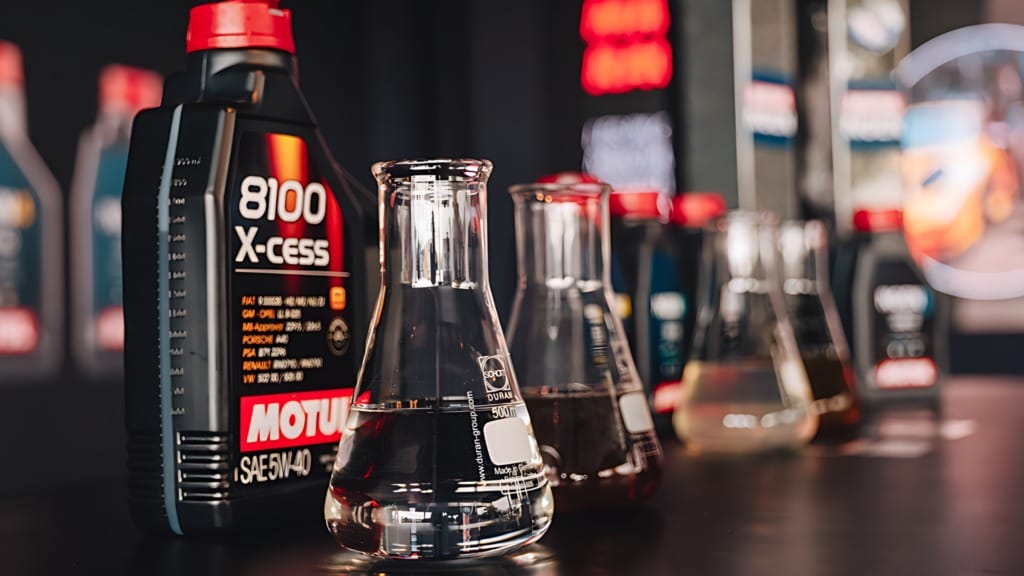
Lionel Dantiacq sees decarbonisation as a long-term transformation that requires persistence and focus. He has stressed that the company’s progress depends on following a clear roadmap with sustainability embedded at its core, treating the shift not as a short-term initiative but as a structural change in how Motul operates and innovates.
The balance between tradition and transformation will define how Motul competes in the coming decades. By leveraging its motorsport DNA while embedding sustainability across products and operations, the company is positioning itself not only to survive the transition but to shape it. In many ways, its approach illustrates the wider challenge facing heritage brands: proving that legacy and decarbonisation can coexist as the industry redefines what performance means in a low-carbon world.














